The Robert Family Entrepreneurship Speaker Series is made possible through a generous gift from Edward W. Robert in support of entrepreneurship and innovation at the Knight Campus. This program is supported by an endowed gift from Edward W. Robert to advance entrepreneurship and innovation at the University of Oregon.
Winter 2026 Robert Family Entrepreneurship Speaker Series with Michael J. Weickert
"Dumb Ways to Die: How Biotech Startups Fail"
Feb. 19, 2026
About the talk:
In this talk, Michael J. Weickert examined entrepreneurship as a professional discipline, drawing on more than three decades of experience developing drugs and medical devices across public and private companies. He discussed the realities of building life science startups, including fundraising, clinical development, regulatory strategy, and translating scientific discovery into viable products.
About Michael Weickert
Dr. Michael Weickert has spent 33 years developing drugs and medical devices in the life sciences sector. He is currently CEO of Pacylex Pharmaceuticals, a clinical-stage oncology company developing a first-in-class oral cancer drug and antibody–drug conjugate payloads, and CEO of Fe Pharmaceuticals, a preclinical anti-infective company developing an iron-sequestering polymer to address serious infections and cancer.Over his career, Weickert has founded and led multiple startups, served in C-level roles at seven companies, and guided ventures from early concepts through Phase 2 clinical development. He has sourced nearly $200 million in investments and partnerships and has held senior leadership roles at Ligand, Nektar Therapeutics, and Auspex Pharmaceuticals, contributing to a $3 billion acquisition by Teva.He is also an active mentor at Stanford University Medical School’s SPARK program and has served as an advisor and evaluator for numerous startup and investment organizations. He holds a PhD in Genetics from the University of Wisconsin–Madison and completed postdoctoral training at the National Cancer Institute at NIH.
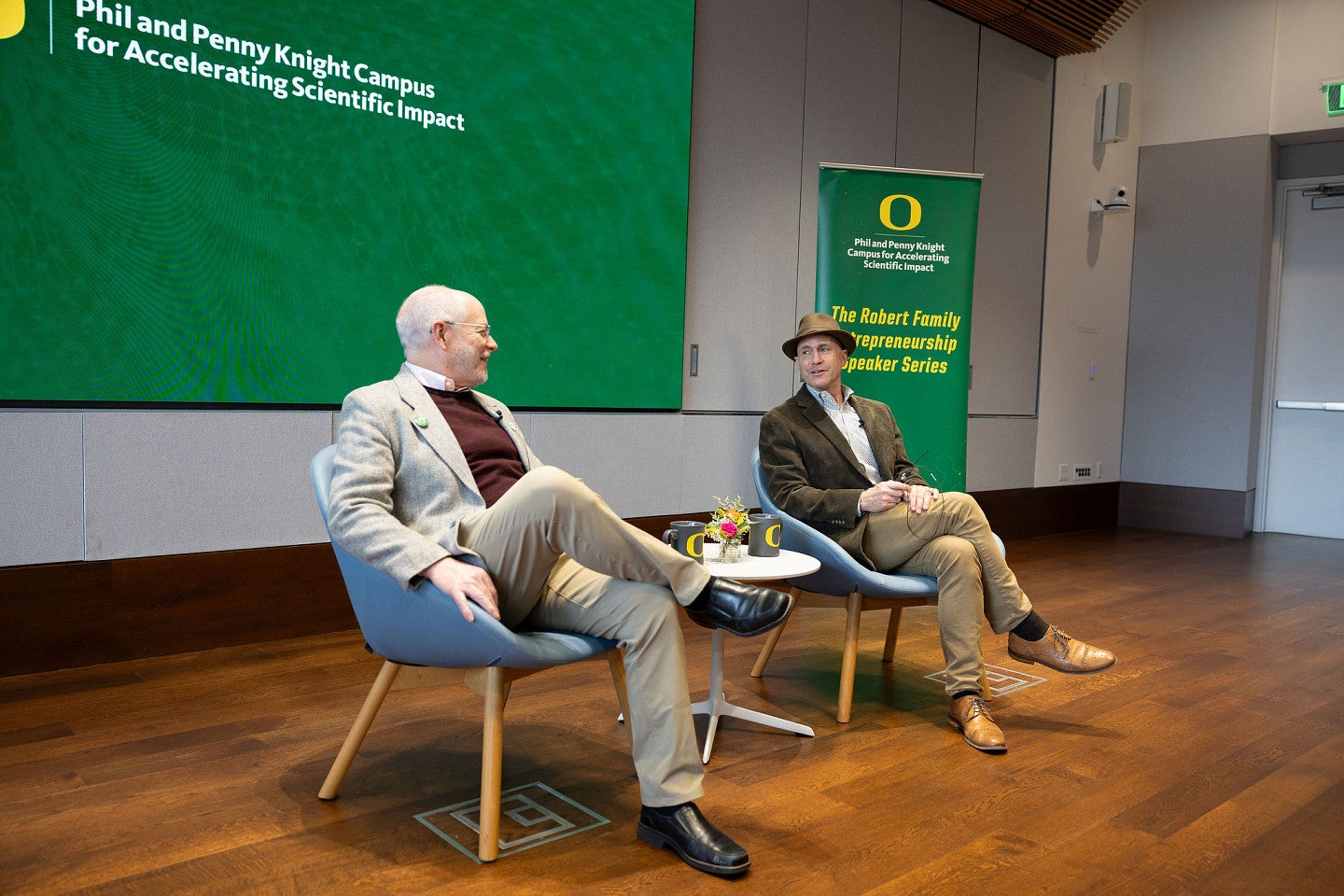
Previous Speakers
Note: Our invited speakers may approve or decline the option to livestream and/or record their presentations. Without the permission of our speakers, the Knight Campus is unable to post any available recordings to this page.
Tom Moss
Technology executive, serial entrepreneur, and angel investor
"Entrepreneurship as a Profession"
In his Nov. 6, 2025, talk, Tom Moss demystified entrepreneurship as a profession, challenging common myths about visionary founders and highlighting the realities of pivots, pitfalls, and persistence. Drawing from decades of experience founding and scaling companies, Moss discussed how entrepreneurship is a skill that can be developed through practice, study, and resilience.
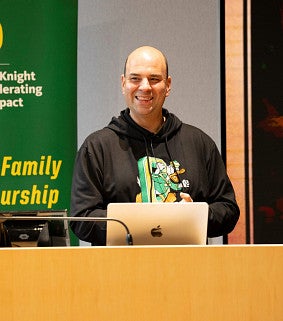
Elliot Reed
Co-founder and CEO of Sensate Biosystems
"From Startup to Scale: Lessons in Building Entrepreneurial Ecosystems"
In his lecture, Elliot Reed shared insights from more than 20 years of experience in technology commercialization and venture development. He highlighted lessons from leading nine startups and raising over $60 million in funding, and reflected on his work at Northeast Ohio Medical University supporting innovation and entrepreneurship. Reed emphasized the importance of mentoring and building strong teams to help startups grow from early ideas to impactful organizations.

Erika Moore
Assistant professor in the Fischell Department of Bioengineering at the University of Maryland, College Park
"Macrophages, Money, and Mentorship: Transforming STEM from Bench to Bank"
In her lecture, Erika Moore explored how her work as a biomedical engineer connected health research with practical tools to empower students. She shared how her lab is advancing treatments for diseases like lupus by studying macrophage immune cells and how they behave in different biomaterial environments. She then discussed Moore Wealth, the nonprofit she created to help students from underrepresented backgrounds build financial confidence and make the most of their opportunities in STEM. By combining cutting-edge science with personal finance education, she shared how we can transform STEM fields to be more inclusive and impactful for everyone.
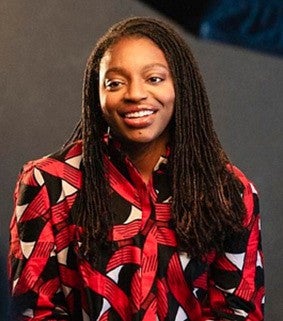
Srinidhi Nagaraja
Technical fellow at G.RAU, Inc., with over 20 years of experience in the biomedical field.
"Navigating the Medical Device Approval Process"
In his lecture, Nagaraja discussed the medical device regulatory landscape in US and international markets. The talk highlighted recent changes in regulations that are particularly important for early venture companies seeking to bring a device to market.
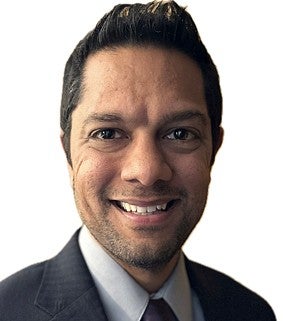
Sean McClain
Founder and CEO of Absci, a leading generative AI Drug Creation company with a mission to create better biologics for patients, faster.
"A Conversation with Sean McClain"
In his talk, Sean McClain discussed how generative AI is rapidly accelerating drug development. He detailed his company's efforts to create better biologics for patients, faster.
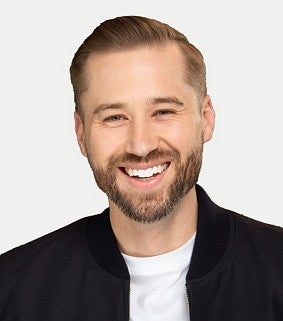
William Murphy
Harvey D. Spangler Professor of Biomedical Engineering and Professor of Orthopedics & Rehabilitation at the University of Wisconsin; Founding Director of the Forward BIO Institute
"Mimicking Nature to Create New Technology"
In his lecture, Bill Murphy described how some of the materials commonly found in nature can inspire new technologies. Common materials like minerals and proteins have led to establishment of several start-up companies, with technologies that impact the biopharma industry and clinical medicine.
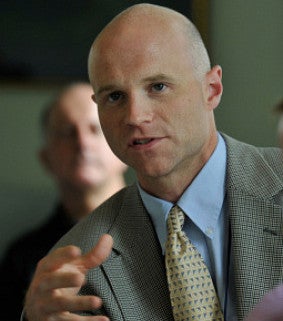
Jorge Cham
Best-selling and Emmy-nominated creator of PHD Comics
"The Power of Procrastination"
In his lecture, Jorge Cham recounted his experiences bringing humor into the lives of millions of stressed out academics and told stories from his travels to over 300 universities and research centers in the US and across the world.
This Knight Campus event was co-sponsored by both the College of Arts and Sciences, and the School of Journalism and Communication.
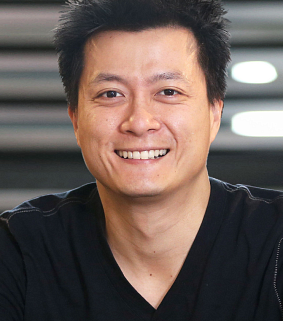
Chris and Fenella Raymond
Co-founders of Ripple Biosolutions
"A Tale of Two Startups"
The Raymonds shared their experiences with several different business startups from the somewhat unique perspective of being business as well as life partners.
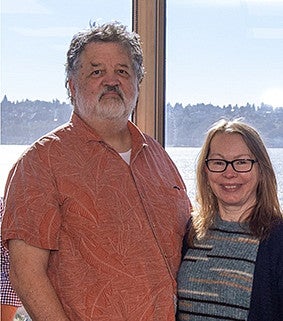
Janis Weeks
Professor Emerit of Biology, University of Oregon’s Institute of Neuroscience; Co-Founder/Chief Global Health Officer, InVivo Biosystems
"From Academic Neuroscience to Co-founding a Biotech Company, via Africa"
An expert in neuroplasticity and infectious and parasitic diseases, Weeks spoke about her journey from academia to biotech.
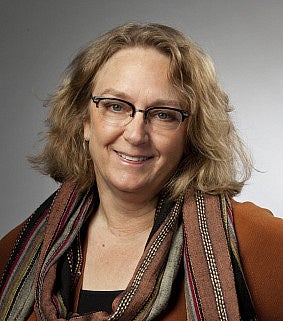
Suzanne Tabbaa
Principal Consultant, SymplexBio Consulting, LLC
"Why You Should Consider Being a Scientist and a Marketer ("The Dirty Word")"
Suzanne Tabbaa shared her unexpected career journey toward becoming an entrepreneur, discussed the importance of living in the commercial space, and offered lessons learned from working with F500-size companies to start-ups.
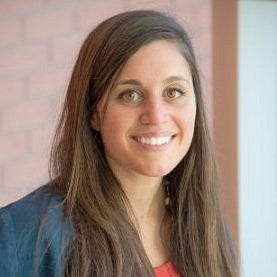
Andrés J. García
Georgia Institute of Technology
Executive Director, Parker H. Petit Institute for Bioengineering and Bioscience
Petit Director’s Chair in Bioengineering and Bioscience
Regents’ Professor, George W. Woodruff School of Mechanical Engineering
Michelle C. LaPlaca
Georgia Institute of Technology
Professor, Coulter Department of Biomedical Engineering
"The Many Paths Across the Valley of Death"
Professors García and LaPlaca shared their experiences in translation and commercialization through personal case studies of ventures that were successful as well as some unsuccessful ones. They also highlighted lessons learned.
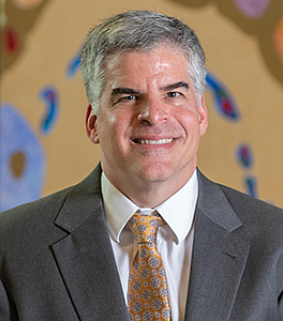
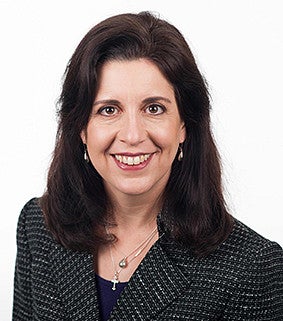
Arlyne Simon
Biomedical engineer, author and inventor
"Be Customer-Centric: How to Innovate in Academia and Industry"
Arlyne Simon discusses lessons learned in commercializing immunoassays and designing medical devices like hypodermic syringes and ultrasound machines. Interestingly, these lessons of customer-centricity also apply when sparking an inventor’s mindset in K-5 students through the Abby Invents STEM picture book series.
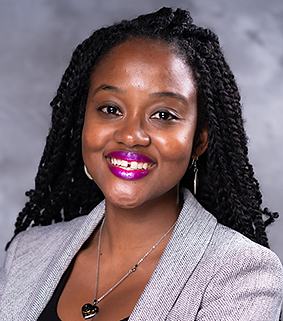
Chris Gibson
Co-Founder and CEO of Recursion
"The Serendipity of Failure: A Journey from Graduate Student to Biotech CEO"
Chris Gibson highlights the serendipity of science and failure, and the role each played in the journey he took from an MD/PhD student to CEO of a multibillion-dollar public biotech company in seven short years.
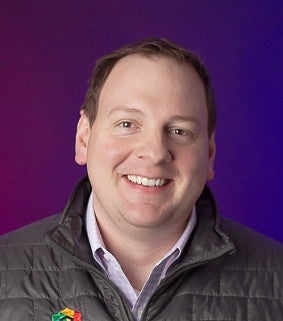
Carolyn Bertozzi
Anne T. and Robert M. Bass Professor of Chemistry at Stanford University
"Therapeutic Opportunities in Glycoscience"
Carolyn Bertozzi discussed how her research in glycoscience could lead to new therapeutic strategies.
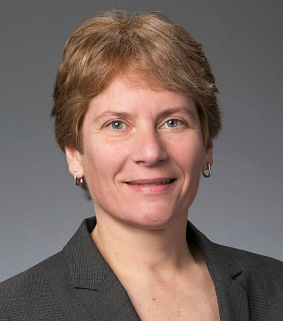
Samantha Zyontz
Fellow at the Center for Law and the Biosciences and Research Fellow of Intellectual Property at Stanford Law School
"Mapping the Worldwide Research, Innovation, and Diffusion Activity of CRISPR"
Samantha Zyontz discussed how CRISPR (Clustered Regularly Interspaced Short Palindromic Repeats) has profoundly influenced innovation in a range of applications around the world. Her analysis of CRISPR academic articles, patents, companies, and clinical trials highlights an explosion of innovative related activities since the technology’s introduction.
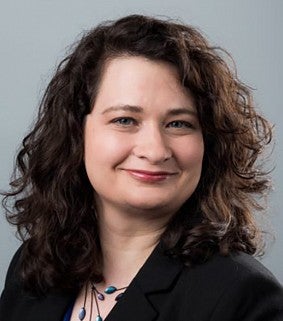
Michele Marcolongo
Drosdick Endowed Dean of the College of Engineering, Villanova University
"Start-Up Campus: How to Translate Your Scientific Discovery to a Successful Product"
Michele Marcolongo discussed the roadmap for translating technology to product launch, as well as how to execute the necessary steps to create and launch a start-up company. In addition to her extensive work in academia, Dr. Marcolongo is a successful entrepreneur who has co-founded three biomedical technology startup companies and is a co-holder of 15 patents/patent applications.
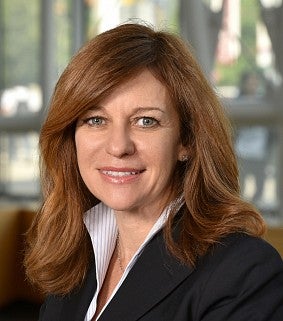
Jennifer Elisseeff
Director and Professor of the Translational Tissue Engineering Center, Johns Hopkins Department of Biomedical Engineering
"Regenerative Immunology – the Role of Technology Translation in Guiding Discovery"
Jennifer Elisseeff discussed regenerative immunology and the role of technology translation in guiding discoveries. She is currently working to understand the role of the immune system and cellular senescence in the biomaterial response and repair across different tissues. This new therapeutic target serves as the basis for the design of regenerative immunotherapies.
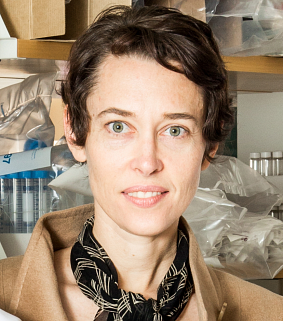
Kate Rosenbluth
Founder and Chief Scientific Officer, Cala Health
“What if Electricity Were a Medicine? An Entrepreneur’s Journey from Scientific Discovery to Category Creation”
Kate Rosenbluth shared the story of founding and building a growth startup from spin-out through product launch. She spun Cala Health out from Stanford on a scientific moonshot to deliver a new class of bioelectronic therapies that use wearable devices to deliver non-invasive neuromodulation for major chronic diseases.
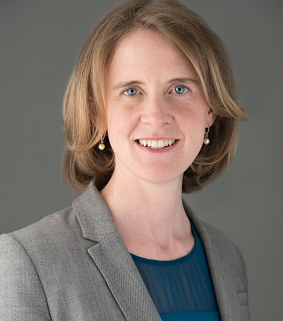
Ken Gall
Chair and Professor of Mechanical Engineering and Materials Science, Duke University.
“Translation of New Materials into Medical Implants”
Ken Gall discussed the translation of a diverse set of new material technologies into medical implants. In all the applications, the implementation of the new materials was accelerated by basic research leading to a new fundamental understanding of the relationship between processing, structure, and mechanical properties of the constituent materials.
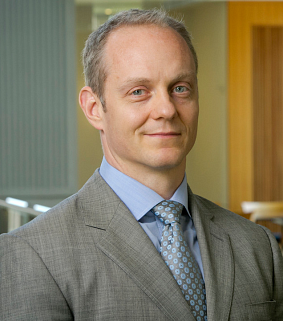
Robert Family Entrepreneurship Speaker Series, Phil and Penny Knight Campus for Accelerating Scientific Impact, University of Oregon, Eugene, OR.
